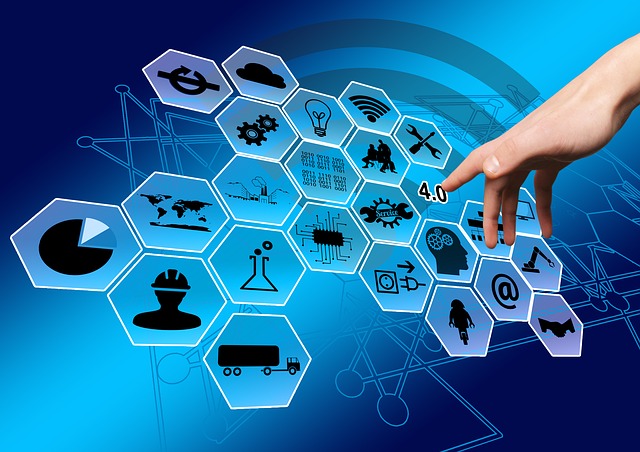A few weeks ago we had a person here trying to convince us of the benefits of having an app-controlled heating and water system.
"Instead of fiddling about with the thermostat trying to get the temperature just right, you could do it from your phone before you even get into the house."
"So", I said. "What you're saying is that instead of fiddling about inside, I could fiddle about outside instead?"
That's the thing about the internet of things as far as I can tell. It seems sexy and up-to-the minute and all that, until you question what exactly you stand to gain from it. I've been told that we could get our house up to a nice warm temperature so that when we come in we are comfortable straight away.
At the moment, if it's cold outside, we come in, switch the heating on, and by the time we've put away our shopping and put the kettle on for a cup of tea, the house is warm. So for us, at least, an app-controlled home really is a solution looking for a problem.
Certainly at the moment, the potential disadvantages outweigh the benefits. What if your house gets hacked, for example?
There was an article doing the rounds today on a similar issue, about driverless cars. A security expert is warning that cars could be hacked into and used as weapons. If you look beyond the hysterical headline, it sounds pretty feasible to me.
I wrote an article a few years ago about the internet of things. I wasn't convinced then, and I'm not convinced now. You may find the article useful, as it contains a list of discussion points for the classroom. Here it is:
British Gas and the Internet of Things
You may also enjoy this infographic which features an unfortunate (though humorous) incident involving Alexa:

The butterfly effect: “Alexa, order me a dollhouse…” from Delayed Gratification, the Slow Journalism magazine.
Click here for zoomable version.

